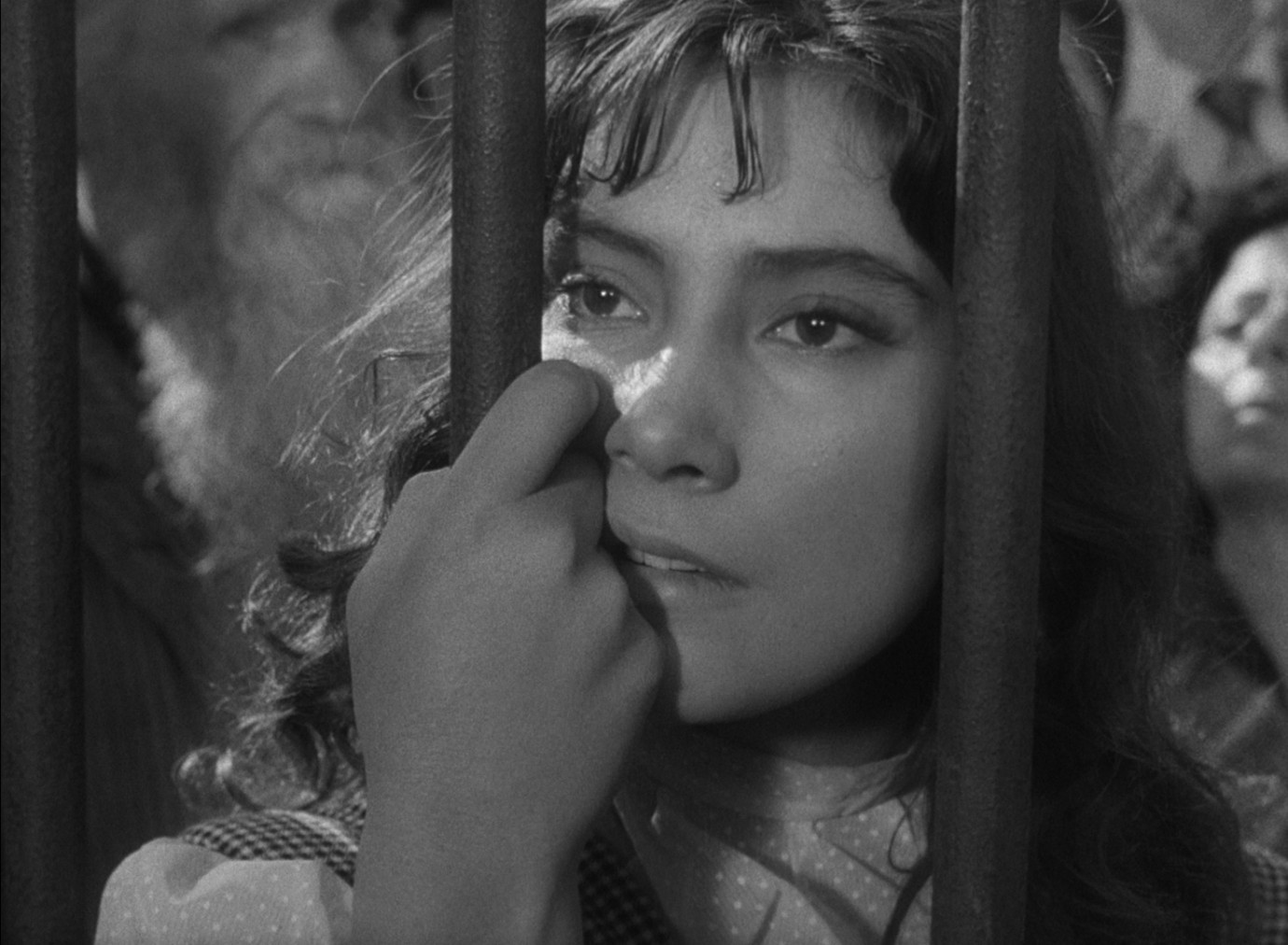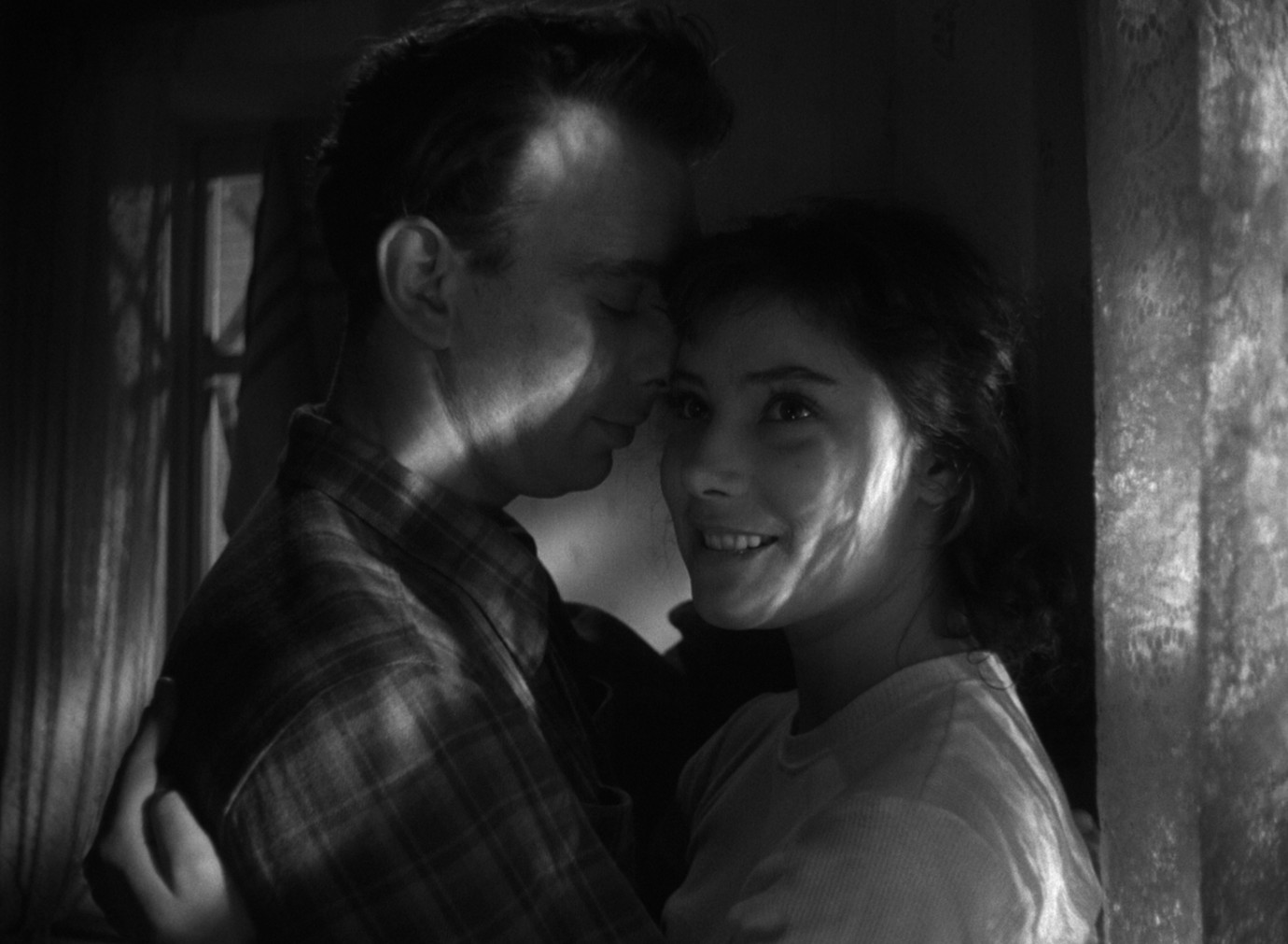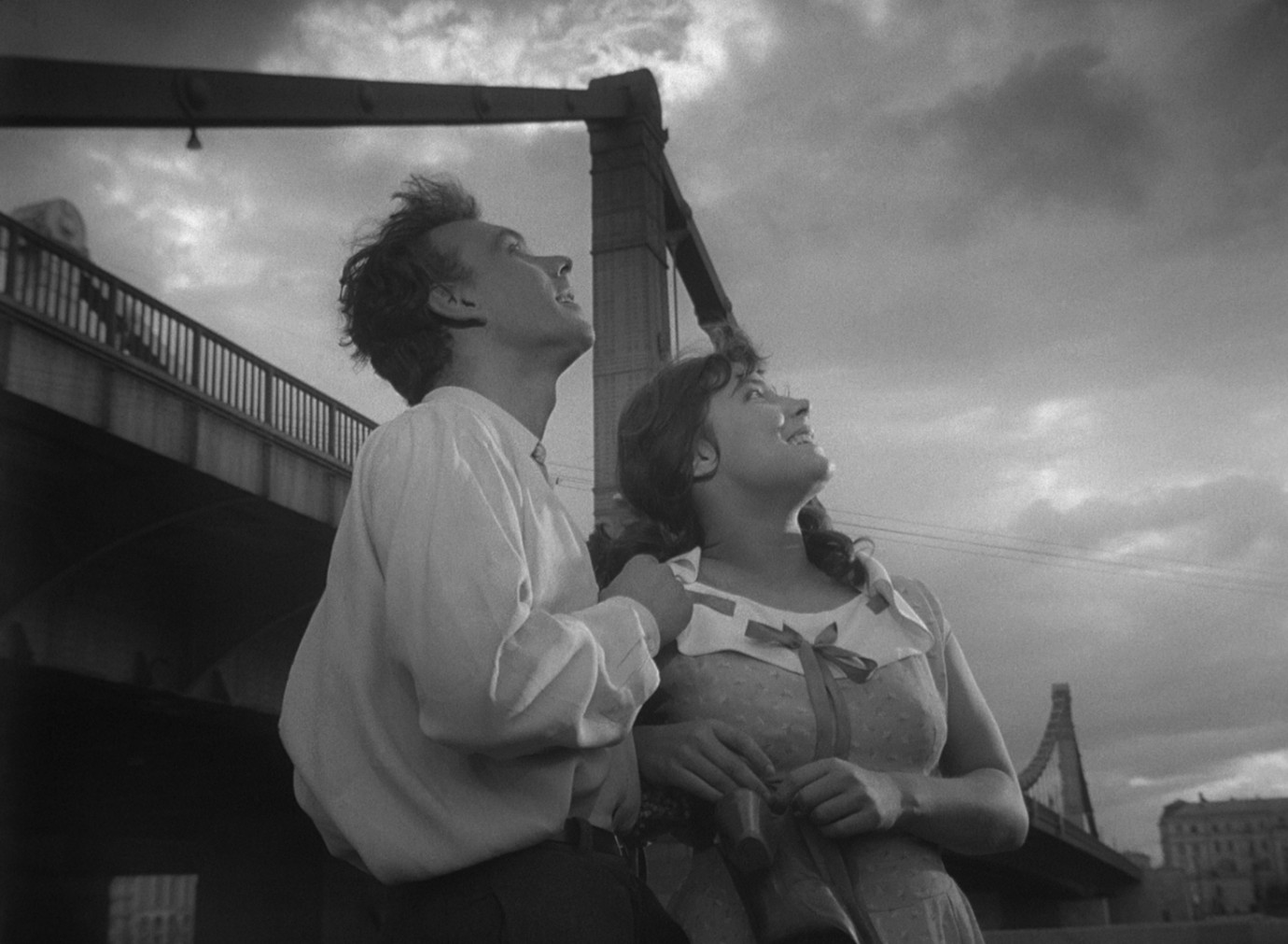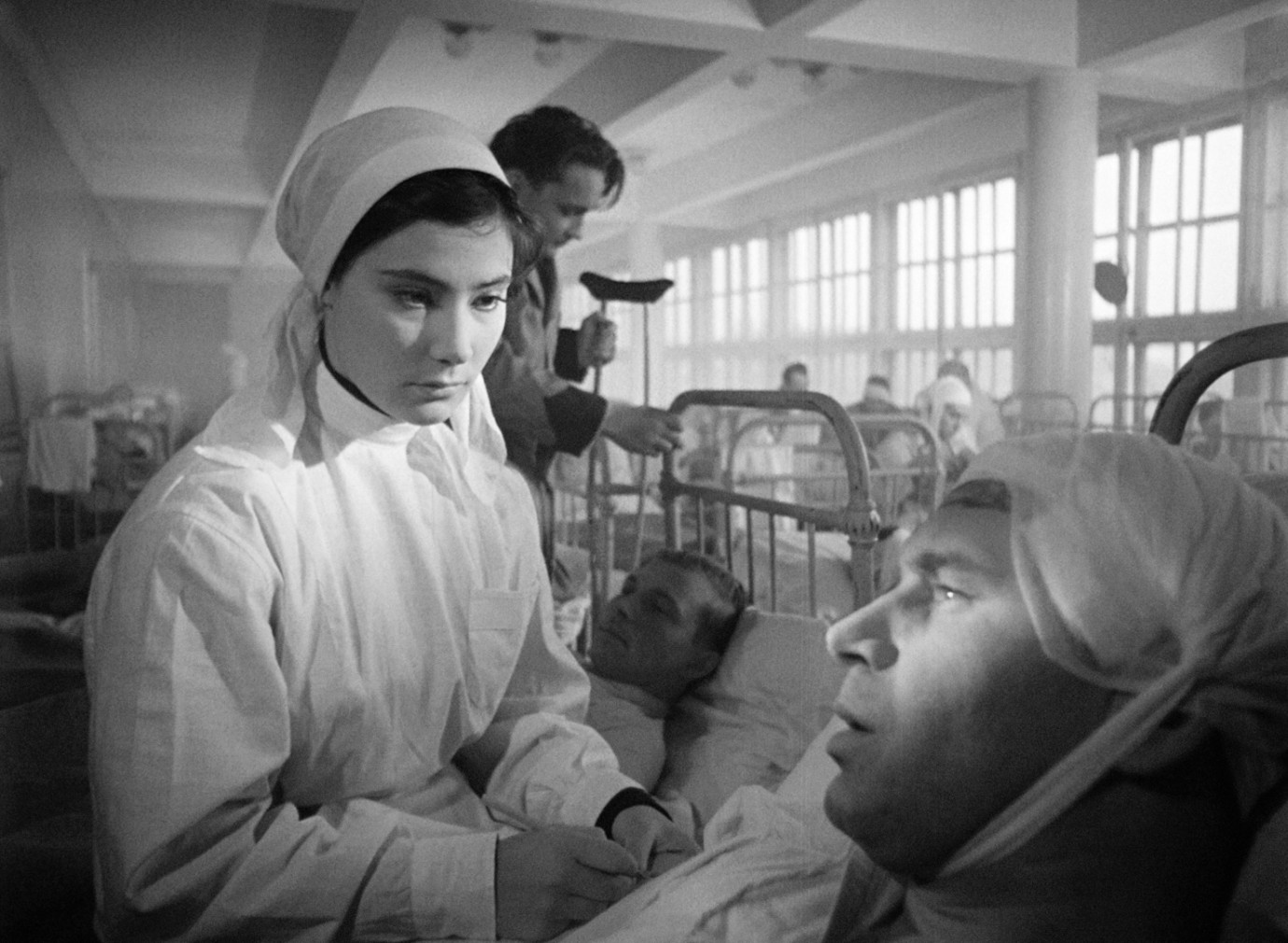Letjat schurawli
The Cranes Are Flying | Wenn die Kraniche ziehen
© "Mosfilm" Cinema Concern

Tatjana Samoilowa
Letjat schurawli | The Cranes Are Flying | Wenn die Kraniche ziehen by Michail Kalatosow
SUN 1957, Berlinale Classics
© "Mosfilm" Cinema Concern

Alexander Schworin, Tatjana Samoilowa
Letjat schurawli | The Cranes Are Flying | Wenn die Kraniche ziehen by Michail Kalatosow
SUN 1957, Berlinale Classics
© "Mosfilm" Cinema Concern

Alexei Batalow, Tatjana Samoilowa
Letjat schurawli | The Cranes Are Flying | Wenn die Kraniche ziehen by Michail Kalatosow
SUN 1957, Berlinale Classics
© "Mosfilm" Cinema Concern

Tatjana Samoilowa
Letjat schurawli | The Cranes Are Flying | Wenn die Kraniche ziehen by Michail Kalatosow
SUN 1957, Berlinale Classics
© "Mosfilm" Cinema Concern
In early summer of 1941 in Moscow, Boris and Veronika are happily in love. They roam the city until the wee hours, laughing and teasing each other. Cranes fly overhead. Then the Germans invade the Soviet Union and everything changes. Boris volunteers to fight and is sent to the front. The lovers do not even have time to say goodbye. When Veronika’s parents are killed in an air raid, Boris’ family takes her in. She is lonely and discouraged, and Boris’ cousin Mark is charged with looking after her. But Mark turns out to be a cad and a thoughtless egotist, who has shirked his duty to join up. Veronika waits for Boris … Made during the period of liberalisation that followed Joseph Stalin’s death, Letyat Zhuravli represented Soviet cinema’s first international hit after World War II. Turning its back on socialist realism, the film’s expressionist, at times almost surreal images, and “unchained camera” techniques, were impressive. Instead of heroic victors, it portrays the suffering and sacrifice of the civilian population during war. The film won the Palme d’Or at Cannes in 1958. – World premiere of the digitally restored version in 2K DCP.
With
- Tatjana Samoilowa
- Alexei Batalow
- Wassili Merkurjew
- Alexander Schworin
- Swetlana Charitonowa
- Walentin Subkow
- Antonina Bogdanowa
- Konstantin Nikitin
Crew
| Director | Michail Kalatosow |
| Screenplay | Viktor Rosow based on his play “Večno živye” (Forever Alive, 1943) |
| Cinematography | Sergei Urussewski |
| Editing | Marija Timofejewa |
| Set Construction | Jewgeni Swidetelew |
| Music | Moissei Vainberg [= Mieczysław Weinberg] |
| Producer | Igor Wakar |
World sales
Mosfilm Cinema Concern
Produced by
Mosfilm Cinema Concern
Additional information
Digitally restored version 2017
Mosfilm Cinema Concern, Moscow